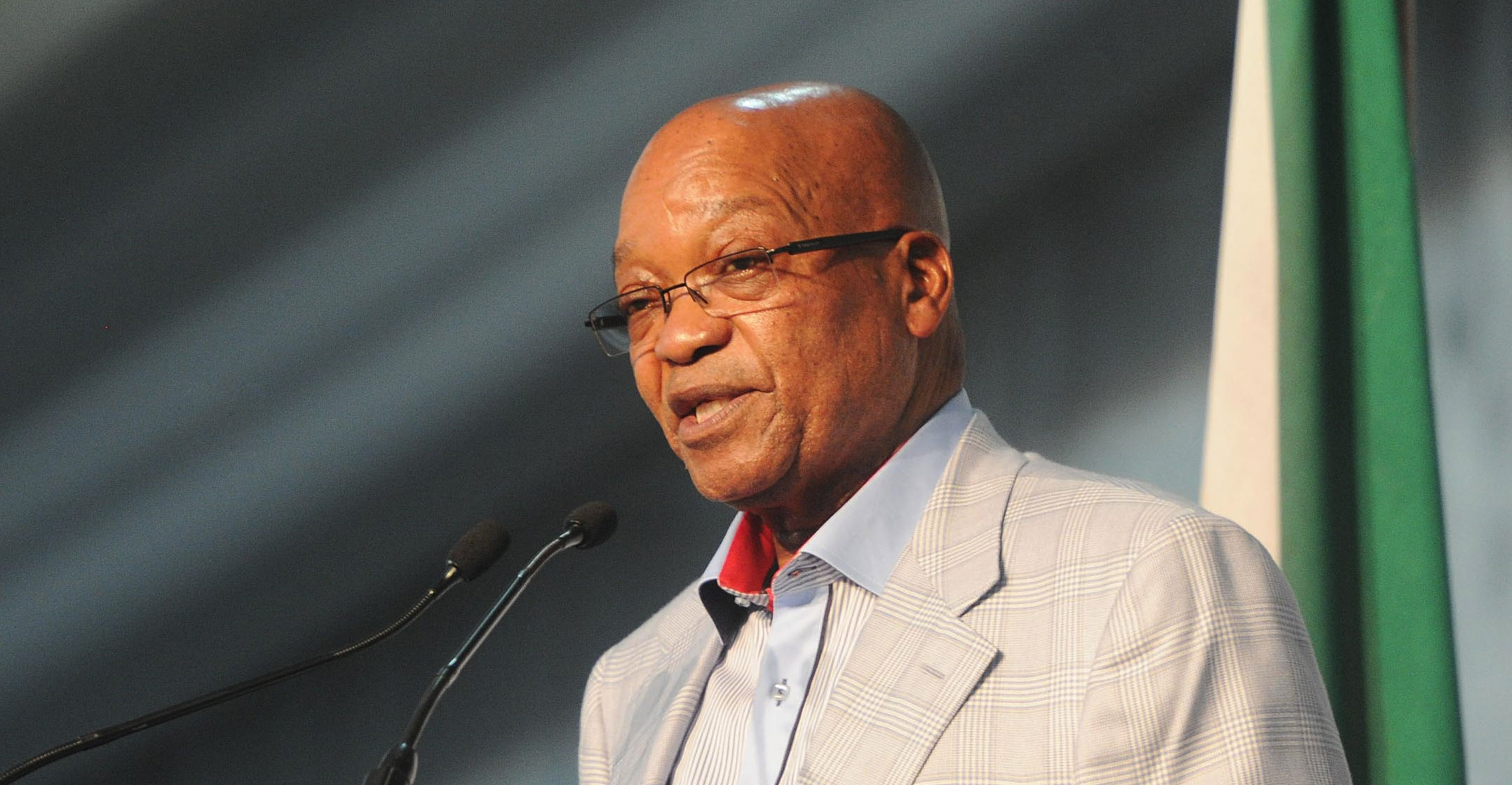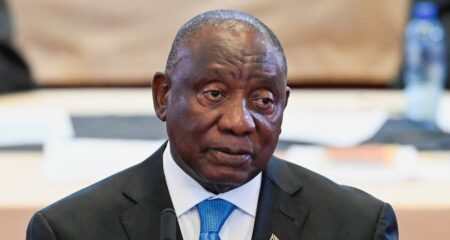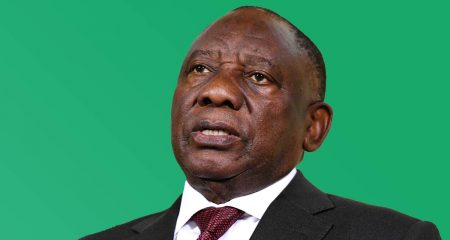
An acrimonious battle for control of the ANC has paralysed several government departments, as ruling party leaders focus on electioneering and officials delay taking decisions until they learn who their new political masters will be.
The front-runners to replace Jacob Zuma as ANC leader next month are his deputy, Cyril Ramaphosa, and Nkosazana Dlamini-Zuma, the former chairwoman of the African Union Commission and Zuma’s ex-wife.
The victor will probably also succeed Zuma as president in 2019, or even earlier if the party decides to replace him before his second term ends. Ramaphosa has stressed the need to reignite growth and restore investor confidence, while Dlamini-Zuma has called for the nation’s wealth to be more equitably distributed.
These of some of the key issues that are likely to remain in abeyance until after the ANC’s 16-20 December elective conference:
1. Resolving a standoff over black mine ownership laws
The government and mining companies have been locked in dispute for months over a new mining charter, which seeks to compel companies to maintain a minimum 30% black shareholding. The industry argues that the previous threshold of 26% should be retained and sales of stakes to black investors who subsequently divested should be taken into account when assessing their compliance. Court hearings on the dispute are due to resume on 19 February. Ramaphosa has called for the standoff to be amicably resolved.
2. Allocating new broadband spectrum to mobile phone companies
While mobile phone companies have been clamouring for additional spectrum, the telecommunications minister sued the industry regulator last year to prevent it from holding a planned auction, arguing that the sale was premature and proper regulatory procedures weren’t followed. The case remains unsettled. Telecoms laws are meanwhile being amended to give the government greater control over spectrum allocation.
3. Appointing a contractor to disperse welfare grants
South Africa’s welfare agency, which oversees the payment of more than 17m grants, was ordered by the nation’s top court in 2014 to cease using the services of Net1 UEPS Technologies to make the payments because its contract was invalid. When the agency flouted the court’s order to appoint a replacement by March this year, the court allowed the contract to be extended for a year and again ordered the agency to name a new distributor. While the sate-owned Post Office wants the contract, the welfare department says it doesn’t have the necessary capacity. National treasury has been trying to broker an end to the impasse.
4. Investigating allegations of the looting of state funds
The nation’s graft ombudsman last year said the chief justice should appoint a judicial commission to probe allegations that businessmen with close ties to Zuma had looted money from state companies and exerted undue influence over state appointments and contracts. Zuma has challenged that directive in court, arguing that only he has the right to appoint judicial panels. The case is currently before the courts and could drag on for several months.
5. Finalising a pay deal with state workers
A three-year pay deal between the government and its 1.3m employees is due to expire at the end of March and a new one is currently under negotiation. The government has yet to table a counteroffer to union demands for increases of as high as 12%, and a deal is unlikely to be struck until next year. — Reported by Mike Cohen, with assistance from Paul Vecchiatto, (c) 2017 Bloomberg LP




